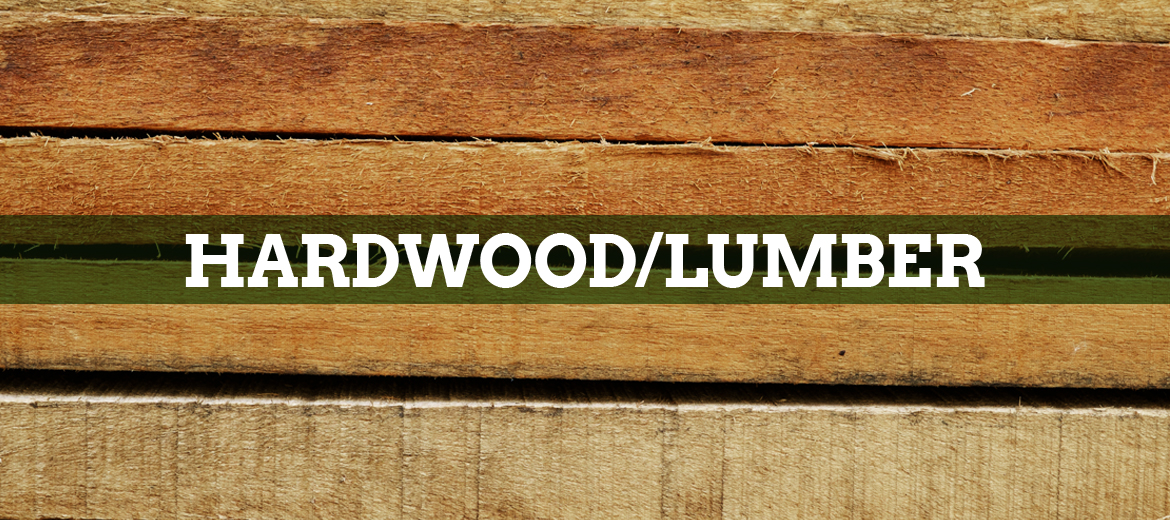
Botanical Name
Guibourtia spp.
Other Common Names
African Rosewood, Akume, Binbinga, Essingang, Kevazingo, Ovang.
Region
Africa
Country
Cameroon, Equatorial Guinea, Gabon, Zaire
The Tree
The trees are reported to be large, often reaching heights of more than 100 feet and trunk diameters of 36 inches.
Appearance
Heartwood ranges from a pinkish red to a darker reddish brown with darker purple or black streaks. Sapwood is a pale straw color and is clearly demarcated from the heartwood.
Properties
The grain may be straight or interlocked. Logs with very irregular grain are rotary cut into veneers called Kevasingo . Texture ranges from fine to very fine, and is even. The wood is lustrous.
Working Properties
Easy to work overall, though depending upon the species Bubinga can have silica present, which can prematurely dull cutting edges. Also, on pieces with figured or interlocking grain, tearout can occur during planing or other machining operations. Gluing can occasionally be problematic due to Bubinga’s high density and natural oils. Turns and finishes well.
Uses
Veneer, inlays, fine furniture, cabinetry, turnings.
Availability
Should be moderately priced for an import. Figured grain patterns such as waterfall, pommele, etc. are likely to be more expensive.